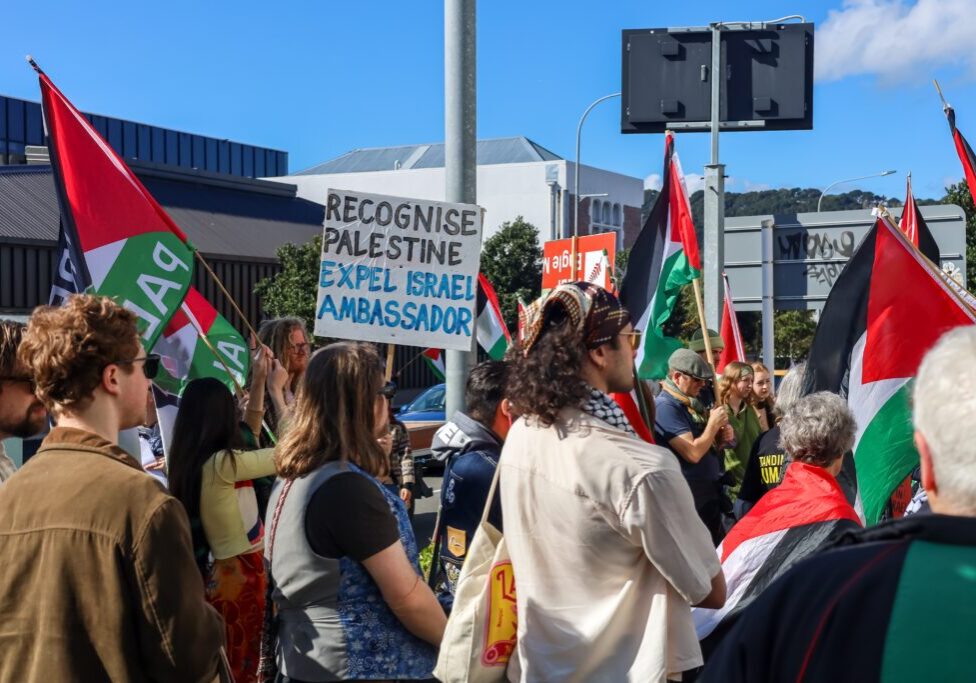Australia/Israel Review
The Elected
Feb 14, 2005 | External author
Abbas and the road ahead
By Shlomo Brom
 |
|
Abbas: Passed the initial test of building legitimacy |
In the January 9 election to succeed Yasser Arafat as Chairman of the Palestinian Authority (PA), Mahmoud Abbas (Abu Mazen) emerged with a majority of 62%. About 75% of registered voters cast ballots.
Although Abu Mazen’s hardest challenges still lie ahead, several things are already clear. The first is that he has passed the initial test of building legitimacy by political means and proved that there is a majority in favour of his platform. True, Hamas refused to participate in a process legally grounded in the Oslo Agreements. But it also tried to minimise participation by others, and in this, it failed.
Secondly, the election results reflect a shift in Palestinian opinion in favour of resolving the Israeli-Palestinian conflict through peaceful means, based on the principle of two states for two people. This shift began immediately after the death of Arafat.
Thirdly, the election has accelerated the process of rehabilitating the party representing the centrist stream – Fatah. Since the start of the recent intifada, Fatah has experienced internal splits and declining popularity, to the point where its level of public support fell below that of Hamas. But Fatah nevertheless showed considerable unity and organisational capacity during the election campaign, and its performance clearly reflected awareness on the part of the leadership and cadres that the election was a test of Fatah’s viability.
Fourthly, the results will enable Abu Mazen to begin implementing his campaign platform. Its central planks were an end to violence (“stopping the militarisation of the intifada”), reviving the political process, and reforming the system of governance in order to assert the regime’s legal monopoly on force and eliminate corruption.
From Israel’s perspective, Abu Mazen’s aims may be viewed positively but there are still serious obstacles to a real transformation of the situation on the ground. His major difficulty will be to impose an end to violence on the groups involved in it. Those comprise two categories: the Islamist movements (Hamas and Islamic Jihad), and factions belonging to Fatah itself (the al-Aqsa Martyrs’ Brigades). The Islamists have their own agenda and clearly want to influence the political process in order to subvert it completely. Abu Mazen has undertaken a dialogue with the Islamists in the hope of convincing them to accept a ceasefire (“hudna”) and involving them in the PA’s domestic political processes. Hamas and Islamic Jihad are disciplined organisations and will almost certainly respect any arrangement their leaderships endorse. But while Hamas shows some signs of agreeing to proceed along this path – because it senses that that is what the public wants – it will only do so after hard bargaining and insistence on a political price that Abu Mazen may be unwilling to pay.
The “al-Aqsa Brigades” present a different sort of problem. Notwithstanding their bombastic name, they are really a collection of quasi-independent gangs that accept no authority other than their own. This has enabled Hezbollah to gain considerable influence through the provision of money. As a result, it will probably be harder for Abu Mazen to assert his authority over them than it will be to secure the agreement of the Islamists, and he will have to use a variety of sticks (political and physical threats) and carrots (money and jobs) if he is to succeed.
Renewing the political process will be almost as problematic. If his traditional positions are any guide, Abu Mazen will probably prefer to skip the second stage of the Roadmap – a Palestinian state with provisional borders – and move directly to permanent status negotiations. That preference will clash with Prime Minister Ariel Sharon’s own view. Sharon will be prepared to discuss the implementation of the first stage of the Roadmap, which calls for the stabilisation of the situation on the ground through an end to violence, redeployment of the IDF to positions held on the eve of the intifada, and the normalisation of daily life. At most, Sharon may agree to discuss the second stage, but he will condition that on fulfilment of the first stage.
Abu Mazen’s leadership will also be tested by plans for internal reform. Various power centres and security organs will try to preserve their status and will resist attempts to consolidate the security forces into just three organisations. His ability to do so will depend in large measure on the support he receives from Arab states, meaning their ability to neutralise others intent on sabotaging the political process – Iran and Syria.
If both sides manage, with American support, to overcome these obstacles and actually restart permanent status negotiations, they will then have to deal with Abu Mazen’s known positions on the issues. For the time being, these conform to traditional Palestinian demands. Still, Abu Mazen was behind most of the track-two efforts to formulate terms for a peace agreement, from the 1995 “Beilin-Abu Mazen Agreement” to the 2003 “Geneva Initiative,” and these may hint at greater flexibility than he is now willing or able to show.
![]()
Brig. Gen. (ret.) Shlomo Brom is a Senior Research Associate at the Jaffee Centre for Strategic Studies, Tel Aviv University. Before his retirement from the military, he participated actively in peace negotiations with the Palestinians, Jordan and Syria and was Israel’s deputy National Security Adviser in 2000. © Tel Aviv University, all rights reserved.
Tags: Palestinians






